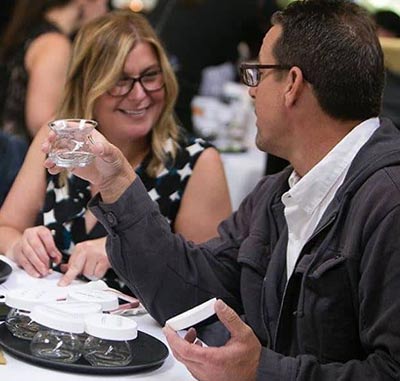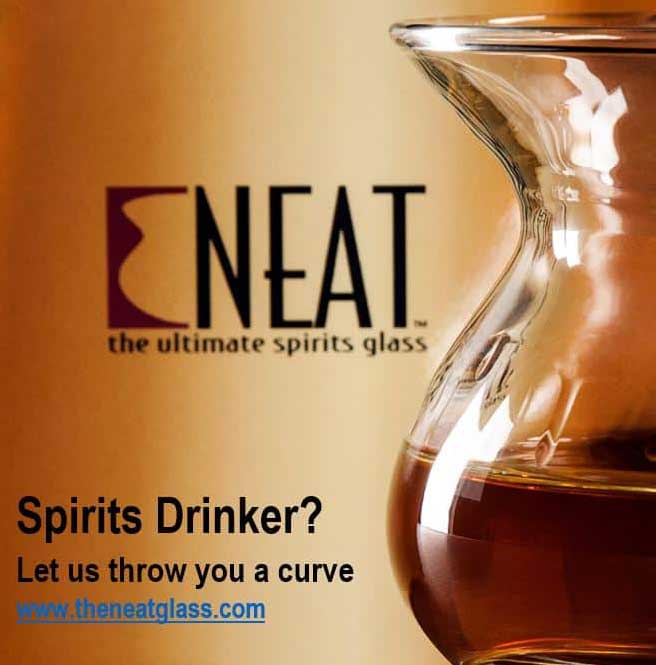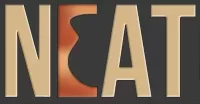
The Amazing Diversity of the Whiskey Drinker
George F Manska, CR&D Arsilica, Inc.

Let’s go a little deeper into the psyche of the whiskey drinker, show you how to recognize certain personalities. The next time you go to a liquor store spirits tasting, whiskey club event, or have a small gathering of friends, change your perspective. Rather than taking an active part in tasting comments, focus attention on the other tasters, their behavior, and their comments.
You will discover much from the back seat including who you can learn from and who would be fun to taste with again. Shamelessly gather contact info during the process. Several subtypes of drinkers can be readily identified:
Tasting Narrator/Teacher conducts the tasting, faces challenges, drives the story forward, and may relate how he/she gained personal growth or transformation throughout the story. Good teachers concentrate on educating the audience and relating their story without an overly biased sales pitch. It okay to sell, but it’s better to concentrate on specific details regarding the special attributes of each spirit. Moreover, good teachers realize there are only stupid answers, and handle the response to all questions with grace, fact, and openness. Not only is this behavior kind, but it also promotes open discussion and clarifies.
Expert may attend the tasting, but not take an active part in the education. If an expert other than the narrator is present, chances are the narrator has personal knowledge and may introduce him/her to the audience or ask for advice or comment. Look for those with a high level of skill, knowledge, or experience and a comprehensive understanding of the subject matter. They are often sought after for insights, advice, and problem-solving abilities.
Finding experts may be difficult until after the presentation, and eavesdropping on others interaction then, frequently uncovers them. These are good people to get to know after the tasting because you can gain much useful information from them.
Antagonist opposes or creates conflict for the protagonist in the narrative with frequent interruptions, shouting out questions, or making barely audible sarcastic remarks. They drive conflict and tension, are not interested in teaching, and have an ulterior motive for their behavior. Therefore, avoid them.
Attention Seeker One common type of antagonist is the attention seeker, who craves and actively seeks attention by drawing focus to themselves, often through flamboyant actions, dramatic gestures, or loud extroverted behavior. They enjoy being in the spotlight and may go to great lengths to capture attention and admiration. Above all, avoid these timewasters.
Socialite thrives in social settings and actively seeks engagement with others. Business card passers/collectors, are skilled networkers and build social connections. Socialites may have extensive social circles, and their presence in social scenes is often notable as is their ability to effortlessly navigate social situations. In whiskey circles, they may know someone you need to know or may know of tastings you may like to attend. Ask. They are as eager to get you into their network as you are to find out what they know.
Label-Man/Status Seeker has limited his knowledge to whichever spirits are the rarest, costliest, or have the most prevalent or most pleasing advertising. Far too many exist in our society, and he always compares whatever he is tasting to what he considers the best; and name-dropping the high buck expressions, even if he has never tasted them.
Since WWII our American culture has exuberantly promoted brand names as status symbols, and those bent on personal success have established respected brands as status symbols and lifetime achievement milestones. Additionally, these brands are further supported by successive generational education.
As a result of this shallow approach, we’ll never learn anything of real value from label-man or status-man. Furthermore, it is easy to discover their materialism. They will never be serious whiskey drinkers as their quest interferes with focus. Avoid, because he has nothing to offer and continually seeks affirmation and respect.
Wannabee desires to be someone or something he/she is not. They often emulate the qualities, lifestyle, or achievements of a particular person or group by imitating the interests of their role model. Wannabes try to attain status without genuinely embodying associated values. However, these are the fake experts and posers, and at first, may be difficult to separate from attention seekers. It’s useful to note who speaks authoritatively but wrongly on issues you understand well. Avoid.

At the end of the day, we are not psychologists, but we have a pragmatic view of who we should find and form friendships with to develop ourselves, expand our knowledge, and explore different points of view.
We selfishly admit that to become serious spirits lovers we must always be the student, continue to seek good teachers, and take advantage of educational opportunities. Overall, remember to be charitable and understanding of others, giving back whenever possible.
In summary, many times, we have watched tasters at events pick up their glass, sniff, and upon detecting the pungent whiff of ethanol, smile smugly, nod heads in approval and drink, swallowing without swirling, savoring, tasting, or checking finish. Not being serious spirits lovers, they crave ethanol and have been conditioned by decades of tulip drinkers that concentrated ethanol is the definition of a great spirit. Avoid them, they are easy to spot.
Finally, look at all the whiskey clubs around on Facebook. The most common questions are “What do you think of this?” or “I got one of the three allocated to my favorite liquor store,” or “What is the best _______ (bourbon, scotch, tequila, rum, fill in the blank)?” They are not serious spirits drinkers, and most need to realize that “best” is a personal choice, not public consensus.
Note: Enrolled NEATNEWS subscribers are entitled to 10% discount on all purchases and free
shipping over $55 for as long as you are enrolled. Coupon code: ILUVNEAT
Bio: George F Manska, CR&D, Arsilica, Inc.
Qualifications: Published sensory science researcher, entrepreneur. BSME, NEAT glass co-inventor
Mission: Replace myth and misinformation with scientific truth through consumer education.
Comments Welcome – Contact: george@arsilica.com, phone 702.332.7305.
More Information: www.theneatglass.com/shop
